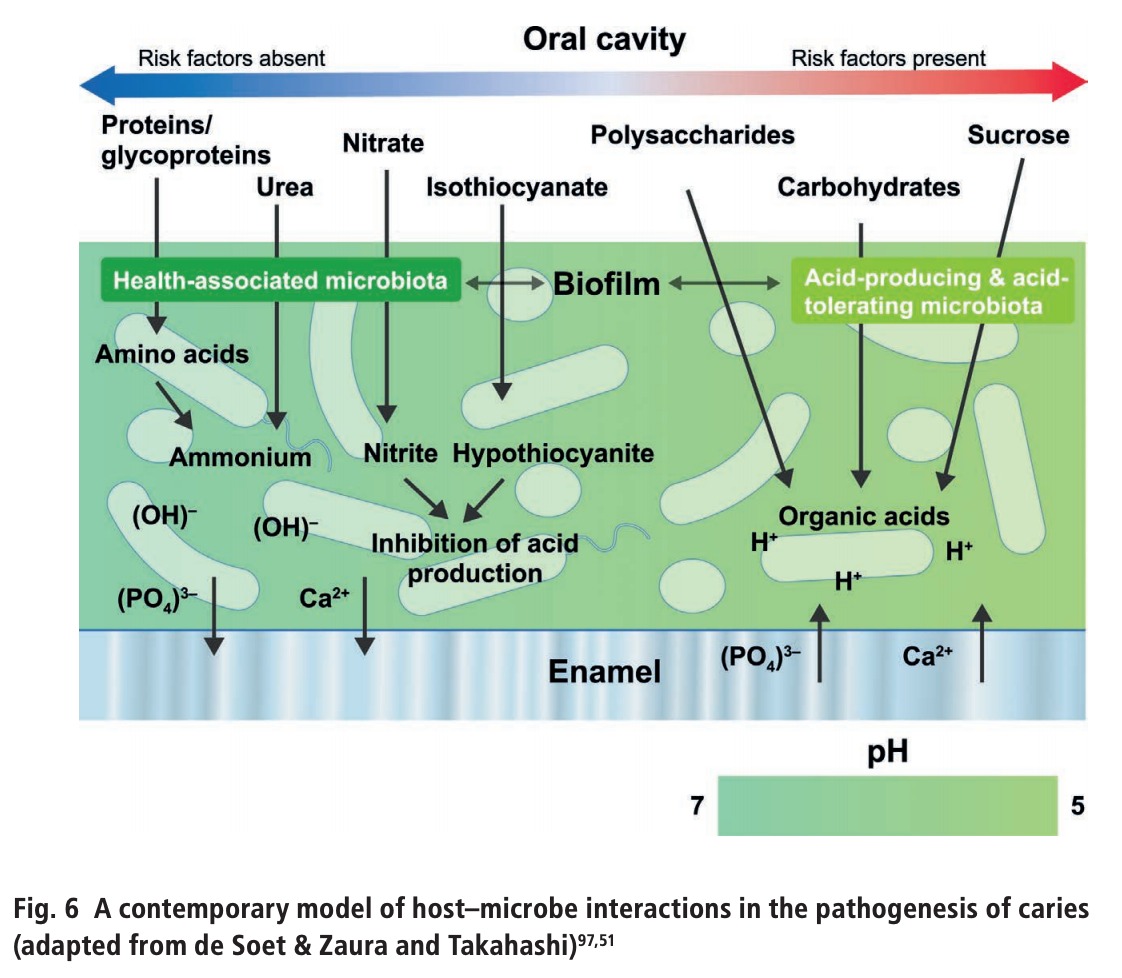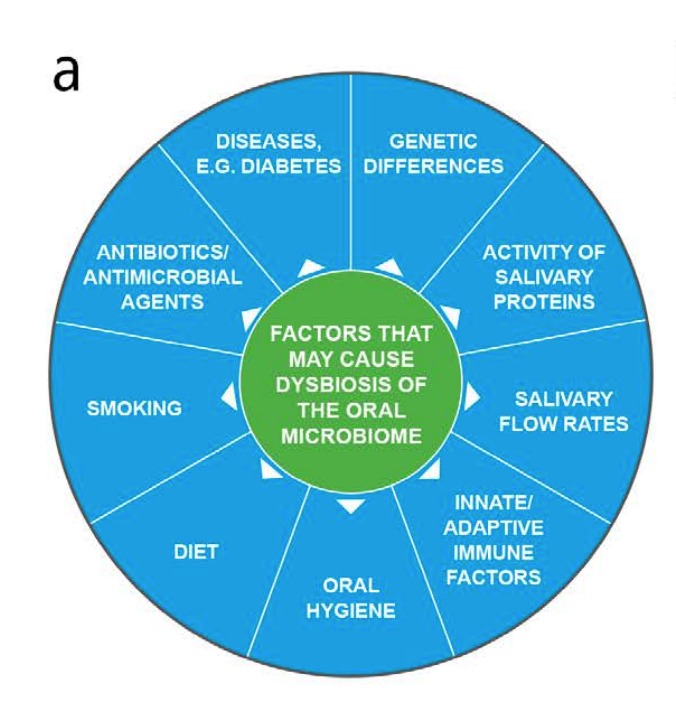April is National Oral Health Month and I'll be doing a 4 part series about everything to do with oral health!
April 7th, 2021

Disclaimer: I am not a dentist nor oral hygienist. This 4 part series is for educational purposes only and should not be taken as medical or dental advice. Please always speak with your dentist or prescriber about what is best for your oral or general health.
April is National Oral Health Month and I'll be doing a 4 part series about everything to do with oral health! Let's start off with 5 things to know about your mouth 👄 and oral health.
Part I:
1) Most of us just think about our teeth and gums when we think of our mouth. However, our mouth is also made up of gums, the oral mucosa, the upper and lower jaw, the tongue (hello, tastebuds!), salivary glands, the uvula, and the frenulum (that ridge of skin/gum under your tongue and lips). All of these structures play an important role when it comes to good dental health and are routinely examined when you receive dental care. Good oral health means the ability to smile, speak, chew, swallow, touch and express feelings and emotions without pain, discomfort, and disease.
2) The oral cavity has the second largest and diverse microbiota after the gut, harboring over 700 species! It nurtures numerous microorganisms which include bacteria, fungi, viruses and protozoa. Although the research of the oral microbiome is still new and emergent, there are some studies to suggest that when the finely-tuned equilibrium of the oral ecosystem is disrupted, it allows disease-promoting bacteria to manifest and cause conditions such as caries (cavities), gingivitis and periodontitis (gum disease).
3) The outermost layer of your teeth is made up of enamel. Enamel is the toughest substance in your body, even tougher than bones! It is primarily made of hydroxyapatite, a super strong form of calcium. Acidic foods (e.g. wine, citrus fruits, candies, sweets, refined carbohydrates) can cause tooth erosion and cavities. Carbohydrate-containing foods are broken down into simple sugars which linger on the teeth. These sugars feed the acid-producing and acid-tolerating bacteria; the bacteria create a biofilm on your teeth, leaching away calcium.

According to one study I found, carbohydrates are fermented to organic acids (for example, lactic acid), which lower the local pH resulting in net demineralisation of the tooth surface i.e. leaching calcium out of the tooth.
4) While we often focus on oral hygiene, there are several other factors that affect our oral microbiome and our oral health. Oral hygiene (i.e. routine dental visits, proper brushing technique, flossing) is an extremely important piece of the puzzle. However, we should not neglect the other factors that affect our oral micriobiome. Smoking, what we eat, medications such as antibiotics (which kill "bad" and "good" bacteria), and the presence of diseases such as diabetes can tip the balance towards dysbiosis of our oral microbiome and subsequently negatively impact our oral health.

Fig. 5 Kilian, M, Chapple, ILC, Hannig, M et al. (6 more authors) (2016) The oral microbiome – an update for oral healthcare professionals. British Dental Journal, 221 (10). pp. 657-666. ISSN 0007-0610
5) Our mouth is a mirror of our body, and vice versa. In one study, the oral hygiene of those with cardiovascular diseases and associated risk factors was lower when compared to those without cardiovascular disease. Similarly, those who have diabetes typically have higher rates of periodontal disease compared to the general population. Because oral health and general health are connected, what is good for one (e.g. quitting smoking, eating a well balanced diet) is also good for the other. Your whole body is connected to each other; it doesn't operate in silos!
What does this mean?
Similar to functional medicine (or what I like to think of as food and lifestyle-first approach), functional dentistry is an approach to dental care that:
- Janet
Links/Citations:
Copyright © 2021 JCL Wellness.
All rights reserved.